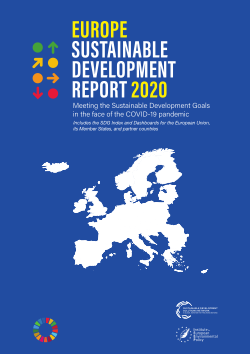Electricity from the sun and wind is too expensive? Wrong: according to new studies, green electricity is cheaper than fossil energy worldwide and in Germany.
Since 2009, prices for wind power have fallen by a third, for solar power by 80 per cent and in the next decade, solar power is set to become a further 60 per cent cheaper. 170 countries now have targets for renewables, and large financial investors are looking for these secure plants. Electricity storage systems are also expected to be 65 per cent cheaper by 2020 and their capacity is set to multiply from 1 to 250 gigawatts. And the rival authority IEA, the International Energy Agency of the OECD, which for years tried to talk down renewables, now sees similarly rapid growth and falling prices.
Read the full article from 17.1.2017 on taz.de
Keywords: DE-News, Renewable, New books and studies, News Blog Europe (without DE), Environmental policy, Economics



